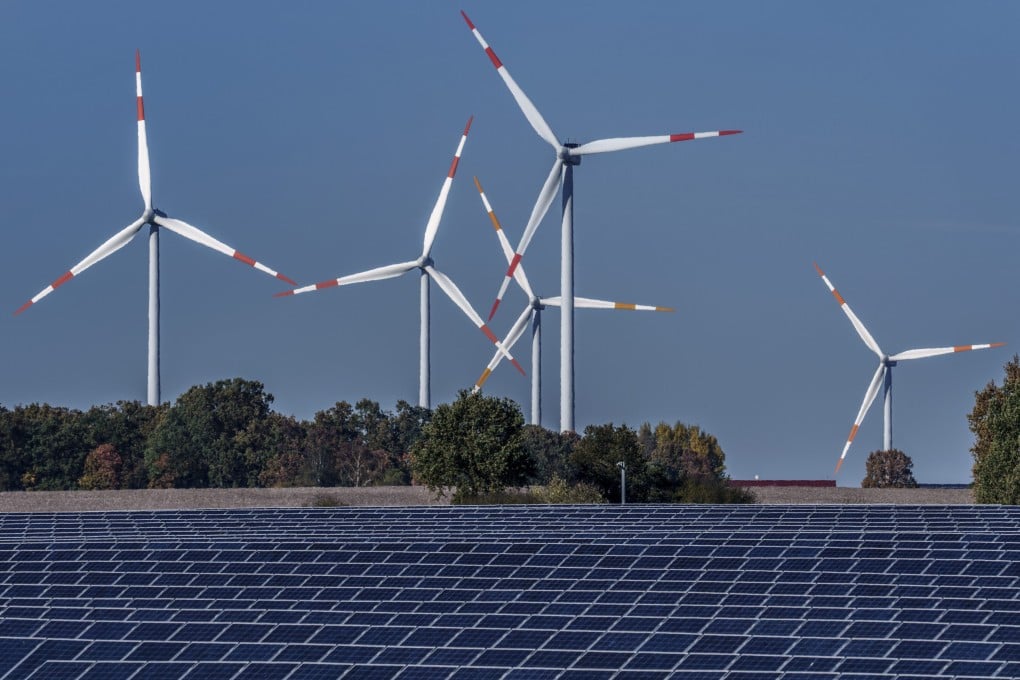Advertisement
Macroscope | How investing in sustainable infrastructure can help mitigate the effects of climate change and urban growth
- The need for food, water and energy sustainability is higher than ever as urban populations grow and the effects of climate change play out across the world
Reading Time:3 minutes
Why you can trust SCMP
2

The world is facing unprecedented challenges. Climate change and the resulting extreme weather affect the way we live, work and interact with our environment. Meanwhile, urbanisation is driving demand for increased connectivity and putting more pressure on services in cities, including transport and communication.
But these structural trends also present opportunities. Investing in essential assets that help build a more sustainable and inclusive economy will be key to addressing these issues.
According to the Organisation for Economic Cooperation and Development, infrastructure sits at the very centre of development pathways and underpins economic growth, productivity and well-being. Most importantly, infrastructure plays an important role in addressing real-world problems.
Advertisement
Russia’s invasion of Ukraine has escalated the importance of energy security. Potential cuts to Russian gas supplies could lead to energy rationing in different European countries and sectors in the next few months. Most worryingly, there may not be enough gas to heat homes in Europe this winter.
While renewable energy is not a quick fix for the potential energy shortage, reducing dependence on Russian energy imports should be a priority. This also underscores the urgency in accelerating the shift to renewable energy, as well as investing in the means to store and transport renewable energy.
Advertisement
These technologies exist, but more time, resources and policy support are required to scale up further. In the 14th five-year plan’s renewable energy development strategy, Chinese authorities released their first proposal to pivot towards a modern energy system, with an emphasis on energy transition.
Advertisement
Select Voice
Choose your listening speed
Get through articles 2x faster
1.25x
250 WPM
Slow
Average
Fast
1.25x
